Vă invit să compuneţi legenda/titlul pentru următoarele poze:





Palestinian children in the West Bank village of Maasarah, hold a banner with a picture of Colombia’s President Hugo Chavez reading in Arabic: ‘The only Arab leader, the only revolutionary in a time of betrayal’, while participating in a protest against Israel’s military operations in the Gaza Strip, Friday Jan. 9, 2009. Israeli jets and helicopters bombarded Gaza Friday and Hamas responded with a barrage of rockets on two cities as both sides defied a U.N. call for an immediate cease-fire. (AP Photo/Bernat Armangue)
The following two tabs change content below.


“Ia asculta,catzeaua dracului,nu te-am atacat la persoana da’ chestia asta a pus capac! Caine e tac’tu care te-a invatat sa te adresezi unora care au idei diferite de ale tale,curva infecta!Asa te-as lua la o sedinta de palme ca ti-as redecora toti peretii casei in rosu sangeriu,nenorocito!Cantareste-ti cuvintele apoi vorbeste! Ai cumva impresia ca o sa ma las calcat in picioare de o abjecta ca tine?!Gresesti!Pan’aici!Ori te adresezi cu deferenta cuvenita unui interlocutor oarecare,ori dispari de pe forum!Animalele n-au ce cauta aici! … a incasat-o jidanca.Atata am avut de spus…” – Pintea Haiducul ….. ////// ….. “Auzi ,tu israelito, ce tai facut voi in Romania de sute de ani? Cum l-ati omorat voi pe Eminescu? Cum la-ti denigrat pe dr Paulescu? Ce cacati puneti voi in mancarea de la mc donald si kfc , sa le mancati voi cu neamurile voastre de alienati mintal! Mai bine duceti-va dracullui de criminali , ca voi l-ati omorat pe Domnul Iisus. Voi suteti o rasa de cacat, un genotip murdar intre porc si maimuta. Ati umplut biblia de minciuni si vindeti gogosile voastre otravite ca sunteti poporul sfant? Numai minciuni ! Sunteti cea mai ordinara rasa de pe fata pamantului ca numai de crime va tineti. Ce inseamna azima si purim? Sa ne spui tu handicapato?” – aaooll ….. ////// ….. “Israelianca@ din cauza ortografiei mele nu poti sa dormi noaptea si nu vezi padurea de copaci dar in fine nu cerem de la cine nu are ce sa dea.Dar daca as fi jidan as cere special de la tine ca stiu ca nu ai” – Antonio ….. ////// ….. Sarcasmul d-tra tradeasa o pseudocultura periculoasa – antisionist …..////// ….. Dincolo de incultura in materie de religie si de lipsa evidenta a sensibilitatii religioase, gasim aici o logica de doi bani, la care se mai adauga si – pai putea sa lipseasca ? – ridicatul de voce tipic al ignorantului.Cunosc si evrei, si crestini care s-ar simti rusinati sa citeasca cele de mai sus. Aici nu este vorba de mozaism, nici de crestinism, nici de Papa, nici de arabi, nici de antisemitism, nici de nimic. Pur si simplu, nu e altceva decit o sueta electronica a unor personaje care isi dau cu parerea despre sacru, intre 2 iutuburi. Infiorator. sueta teologica







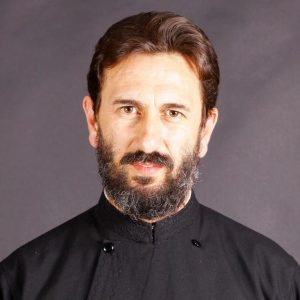
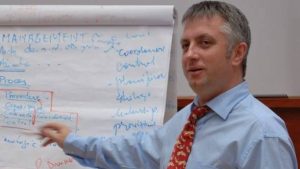
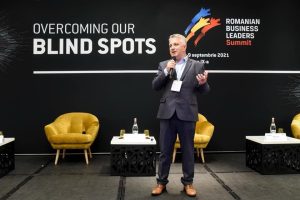
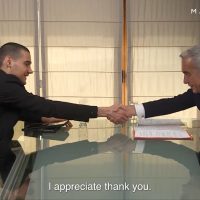
![marius-bostan-foto[1] marius-bostan-foto[1]](https://inliniedreapta.net/wp-content/uploads/elementor/thumbs/marius-bostan-foto1-qt9ywoo2b2lgv37b76h9qr5yo6db5vwzoxbuvd4e6o.jpg)
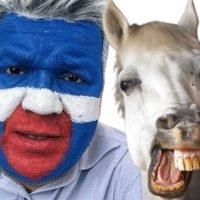
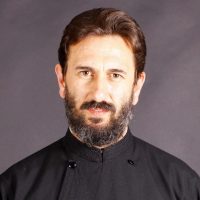
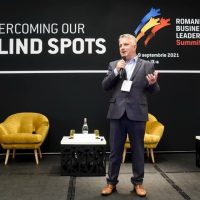
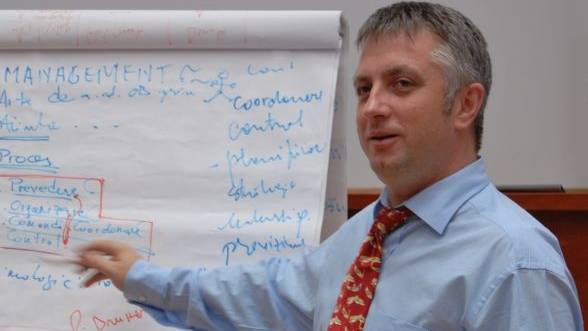
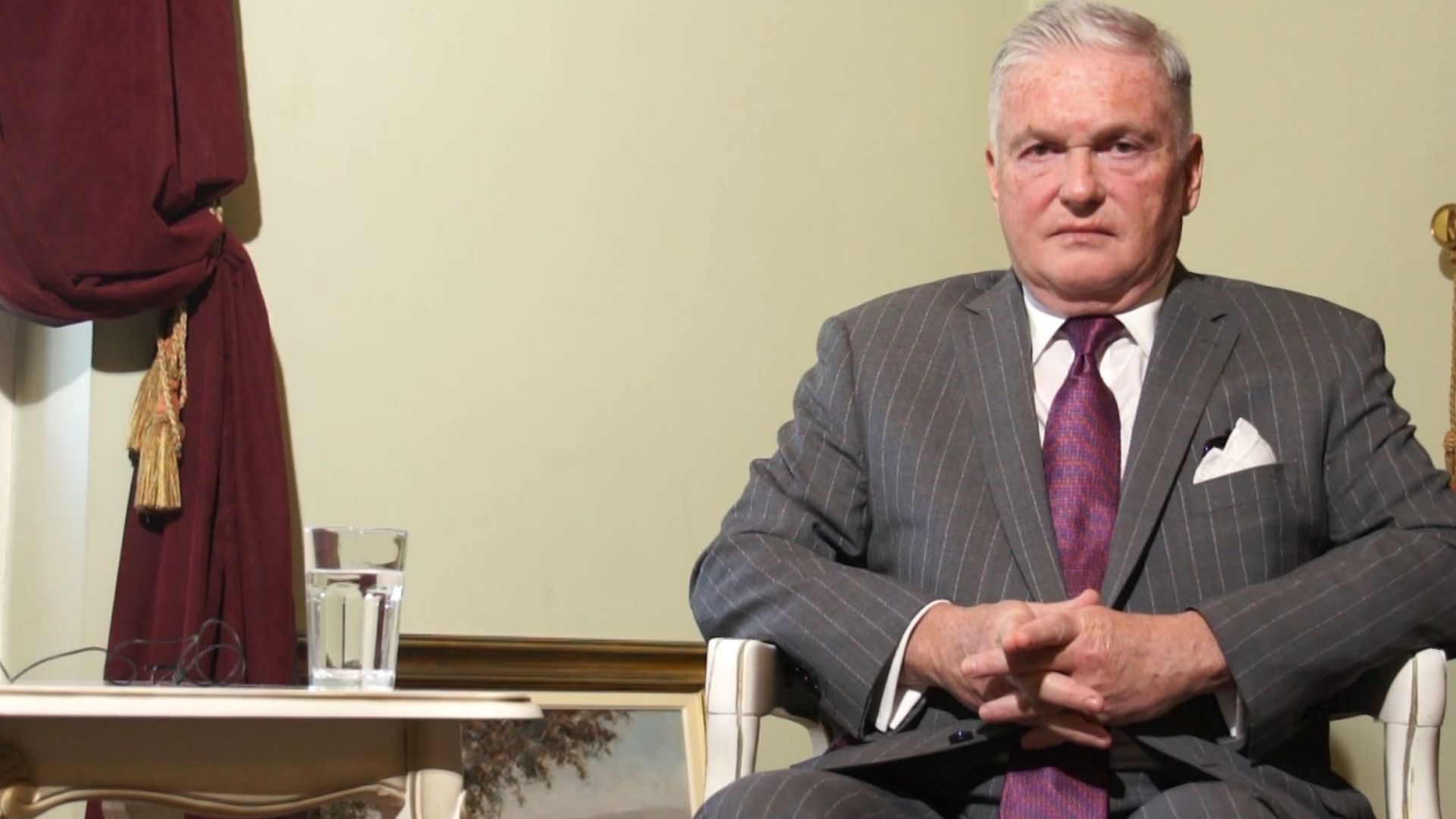

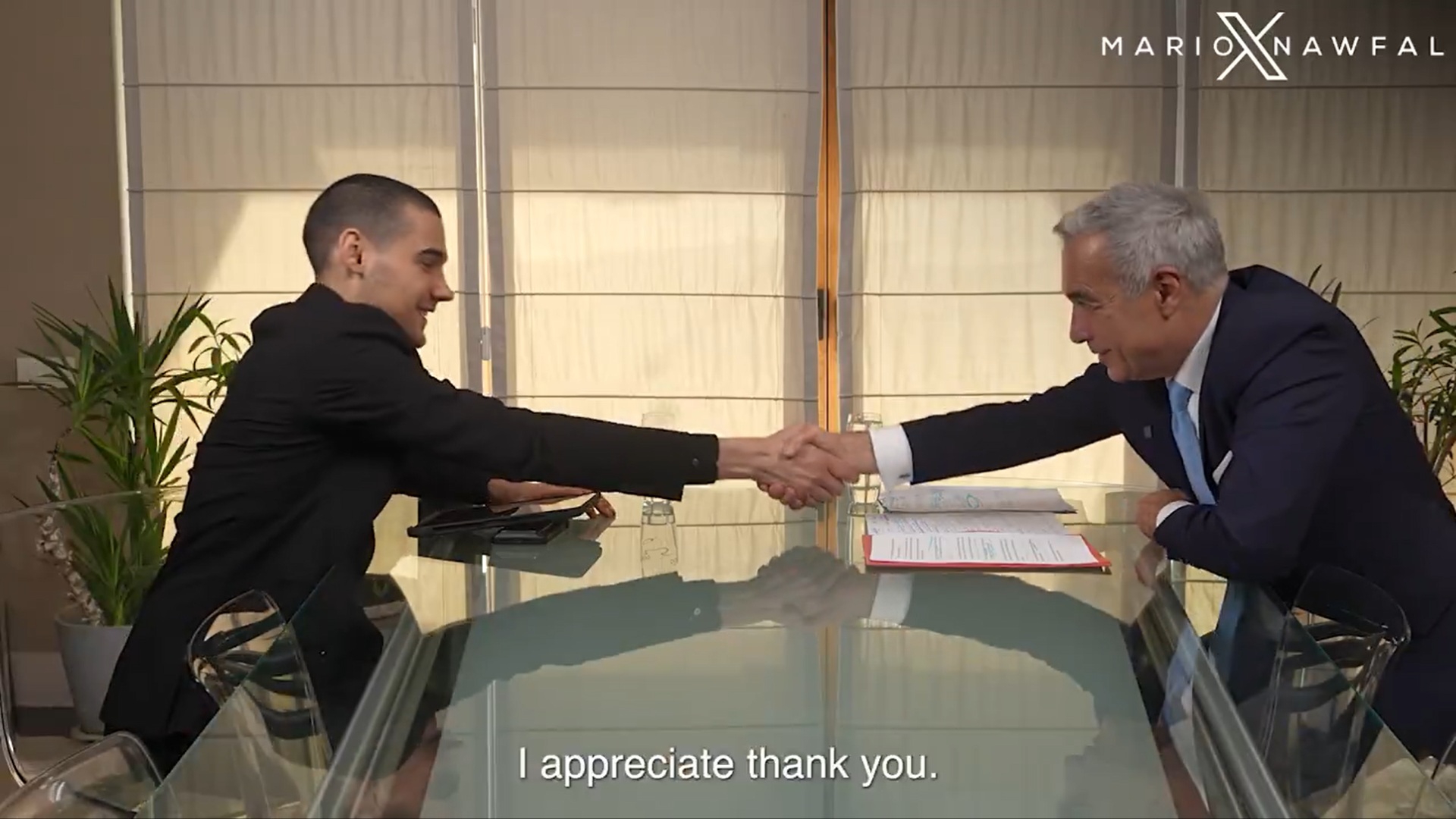
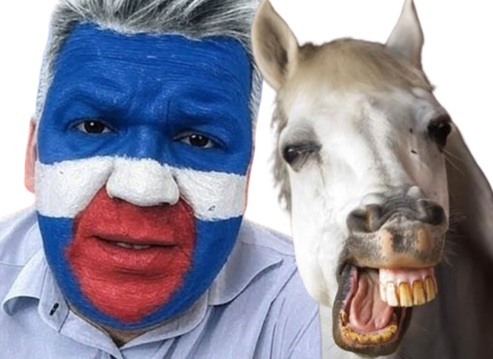
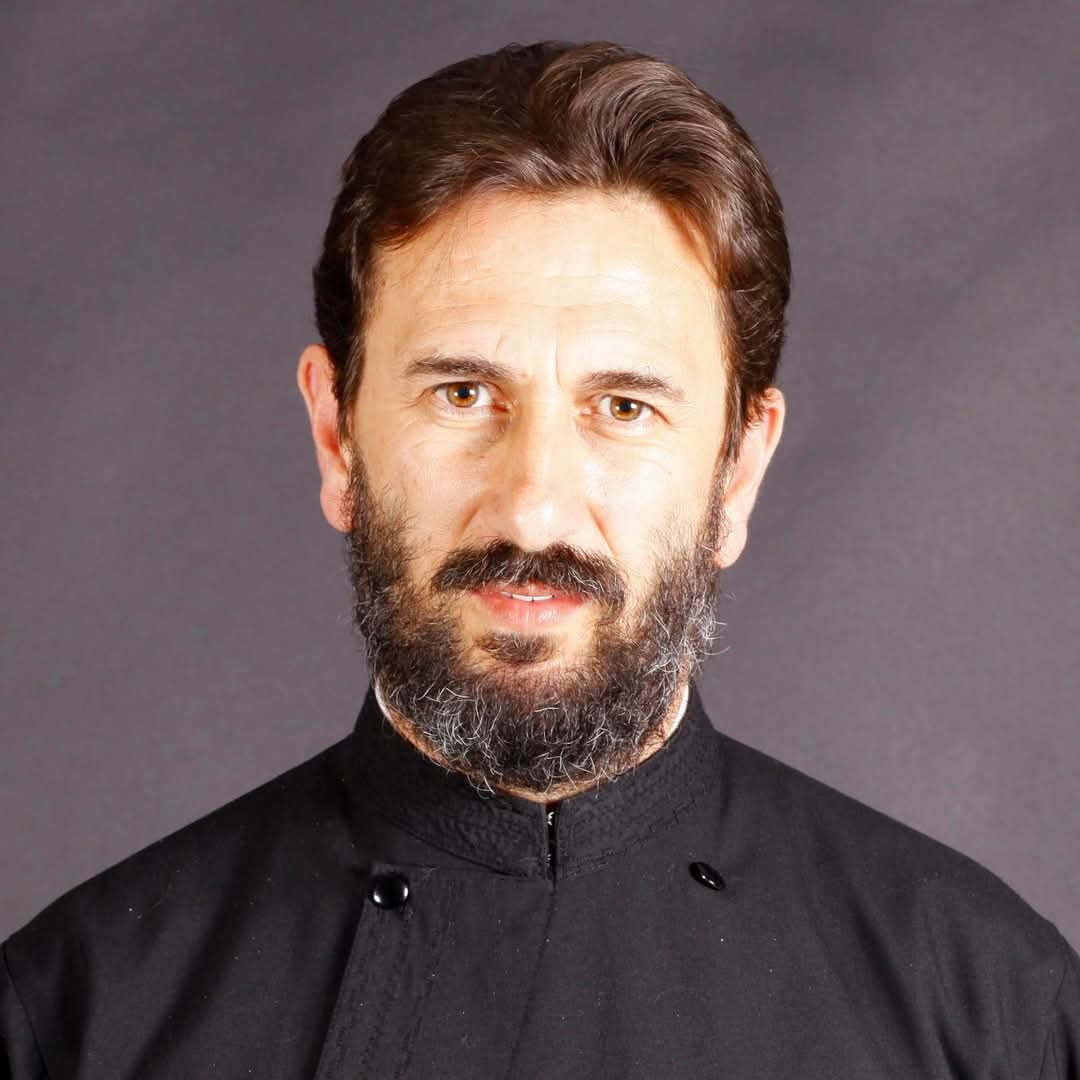
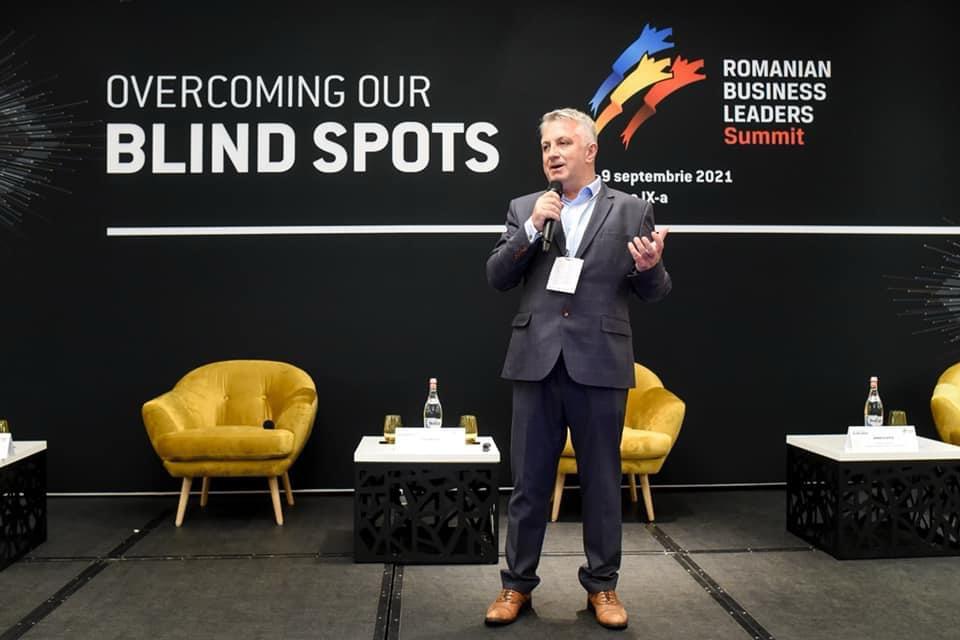
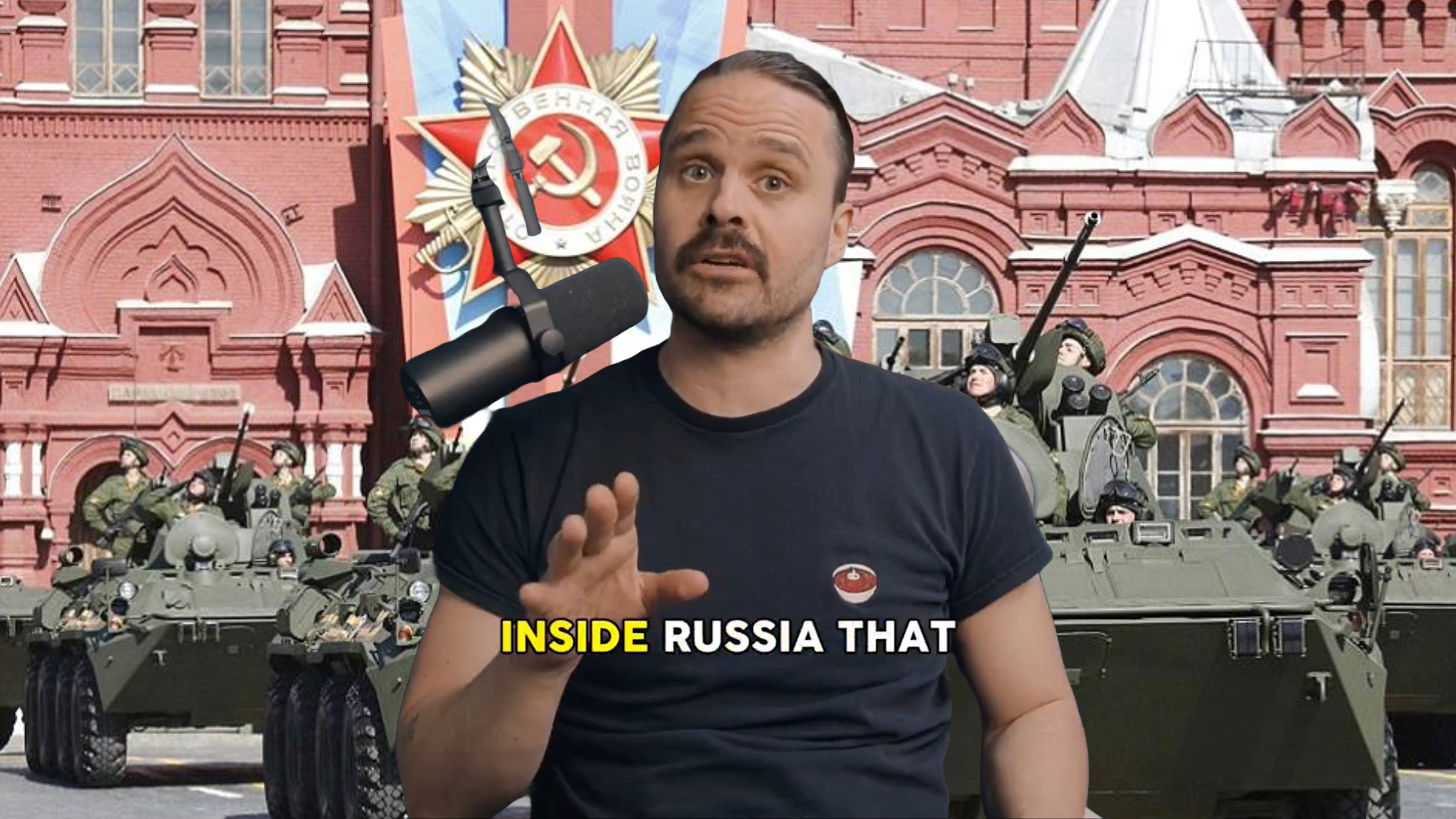

15 Comments
costin
11 January 2009nu stiu israelianca… „Feţele barbarismului”?
Dar spre contrast, iata o secventa de ieri in Trafalgar square de la un protest Pro-Israel, prima dupa saptamini de zile care care nu m-a deprimat:
si o relatare de la fata locului trimisa Pamelei Geler de unul din cititorii ei:
Atlas reader Davod was there. Here is his after actions report (yay!)
dr jones
11 January 2009multumesc costin. mi-ai ridicat moralu’ :).
dr jones
11 January 2009si totusi ce s-a intamplat la bruxell? am auzit ca 30,000 de fundamentalisti fac legea acolo…
dr jones
11 January 2009iata ce zice haaretz:
European Jews planning counter-protests in response to anti-Israel, anti-Semitic actions
In response to anti-Semitic incidents, threats and anti-Israel protests, European Jewish communities have decided to stage support rallies for Israel and its operation in Gaza.
Rallies will take place in several cities in Holland and Belgium, as well as Rome, London, Munich, Frankfurt, Berlin and Vienna this week. Advertisement
At an Amsterdam demonstration last week against Israel’s actions, a Dutch legislator, the Socialist Harry van Bommel, was filmed calling for „intifada” in order to „free Palestine.”
Dutch Jews held a pro-Israel rally in Hague on Friday. The Jewish community in Antwerp is planning a similar event today, in a park in the city’s center. Last week, 500 Jews showed up to protest outside the Iranian embassy in Brussels.
era timpul!
dr jones
11 January 2009si asta in timp ce presa leftista isi continua razboiul anti-Israel:
Rights group: Israel uses incendiary bombs in Gaza
http://news.yahoo.com/s/ap/200…..E6KKRvaA8F
costin
11 January 2009dr jones,
F. pe scurt, in Antwer, Belgia este cea mai mare comunitate de evrei din eruopa, 20.000. In ultima perioada de cind cu evenimentele din Gaza au aparut cazuri in care evreii sint atacati, si atmosfera este foarte incarcata, oamenilor le este frica. Din cite am inteles, comunitatea evreiasca are deja un grup de voluntari civili care se ocupa cu siguranta. In Belgia singurul partid care sustine Israelul este Vlaams Belang, care este acuzat continuu de neo-nazism si genul asta de grozavenii. Presa este in intregime puternic anti-israeliana.
La un protest din Antwerp al discriminatilor sortii impotriva masacrarii copiilor palestinieni, impotriva genocidului facut de israelieni, cu tente Obamice:
Situatia in detaliu e intr-un articol la care trimitea israelianca, parca. Nu l-am citit inca in intregime.
costin
11 January 2009apropo de a treia poza, si eu „prezervativ”, dar tocmai pe dos ca ei
Israelianca
11 January 2009ok, am mai pus 2 poze (una cu legenda publicata in original). Ideea mea era sa-i luati un pic la misto. Uitati-va atent la pancarte.
bugsy
11 January 2009FOTO 3: DUREX – USE THE CONDOM FOR A SAFETY WORLD!
costin
11 January 2009in poza 2 cred ca e vorba de ONU, nu? e interesant in cite feluri sint sinucigasi. Nu este ONU caseria de unde incaseaza taxa de la infideli? De ce l-ar vrea distrus? Oh, well… la ce ma astept?
bugsy
11 January 2009Da Costin, este ONU, dar scris UNO ptr ca arabii scriu si citesc de la dreapata la stanga.
Deci, ONU = UNO (ma gandesc si eu, caut o explicatie)
costin
11 January 2009Israelianca
11 January 2009costin…
vezi, te rog, si comentariul pe care i l-am lasat lui toro.
Nici unul din voi n-a bagat de seama Chavez, presedintele Columbiei (ultima poza din post)? Doar asa, ca sa vedem cine sint jurnalistii si editorii de la AP de data asta.
Hai sa va spun ce mi-a atras mie atentia la pozele de mai sus:
1) raspuns la intrebarea de pe pancarta: the fact that you can’t spell.
2) ONU, nu mai da bani la palestinieni! Da-mi mie sa-mi fac dintii!
3) nu-i nevoie de comentarii.
4) In buda.
5) Hugo Chavez e presedintele Venezuelei.
costin
11 January 2009Ba da Israelianca, am vazut ca e Chavez, ai lasat si comentariu explicativ sub poza

Am vazut comentariu, poate intr-o zi o sa ne spui mai multe despre pozele pe care tu le salvezi inainte sa dispara si despre pozele care se dau drept ca nu sint. sub forma de articol
israelianca
11 January 2009costin, comentariul de sub poza e legenda originala de la yahoonews.